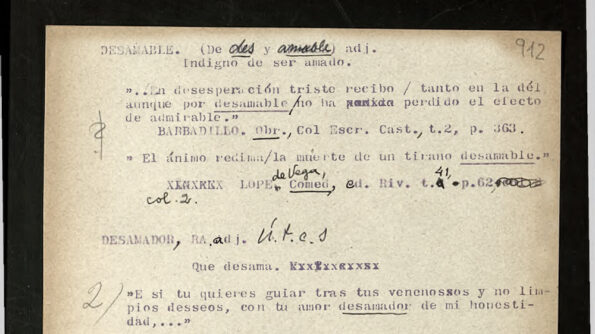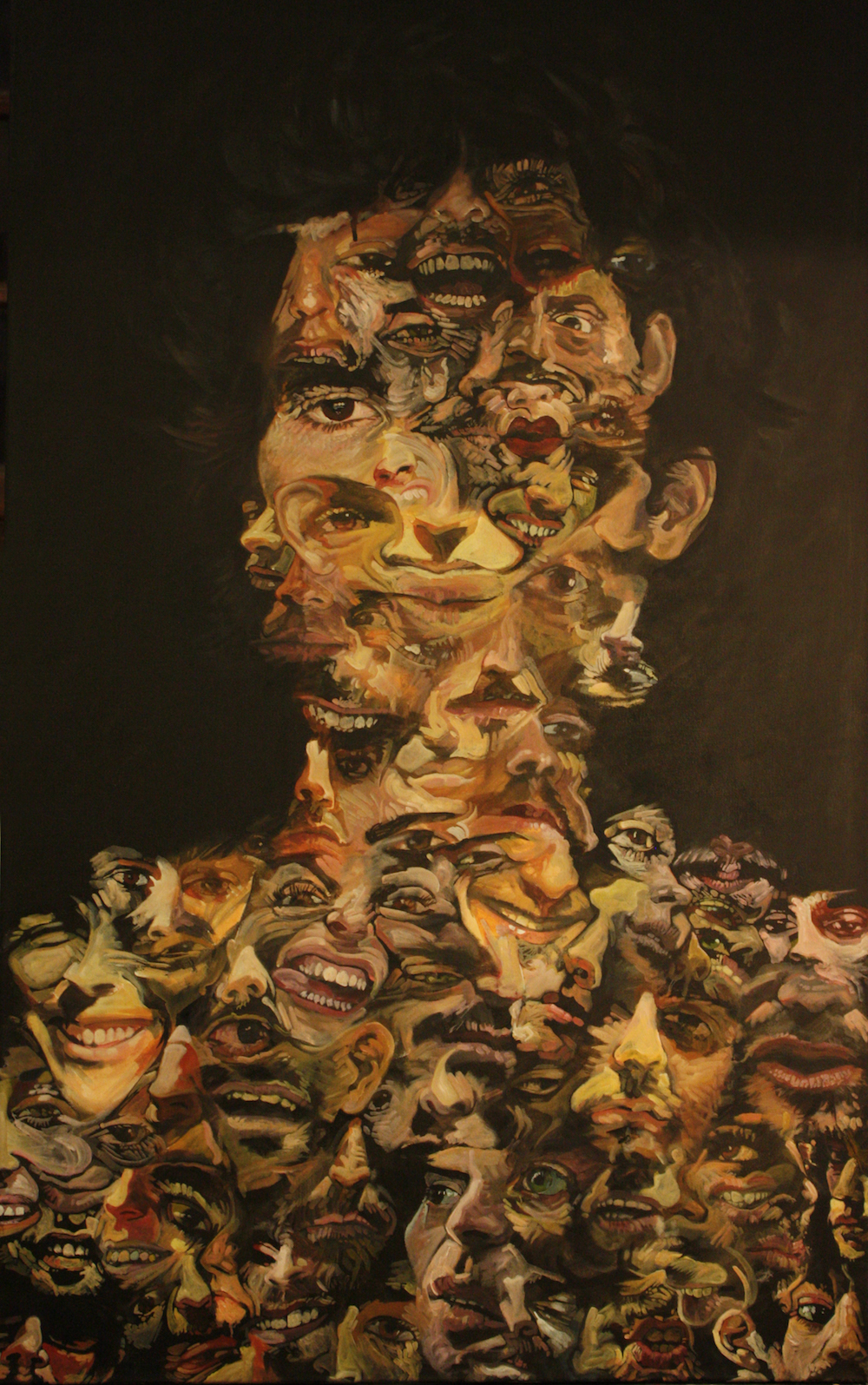Search
To search for an exact match, type the word or phrase you want in quotation marks.
A*DESK has been offering since 2002 contents about criticism and contemporary art. A*DESK has become consolidated thanks to all those who have believed in the project, all those who have followed us, debating, participating and collaborating. Many people have collaborated with A*DESK, and continue to do so. Their efforts, knowledge and belief in the project are what make it grow internationally. At A*DESK we have also generated work for over one hundred professionals in culture, from small collaborations with reviews and classes, to more prolonged and intense collaborations.
At A*DESK we believe in the need for free and universal access to culture and knowledge. We want to carry on being independent, remaining open to more ideas and opinions. If you believe in A*DESK, we need your backing to be able to continue. You can now participate in the project by supporting it. You can choose how much you want to contribute to the project.
You can decide how much you want to bring to the project.

To some extent, talking about metaphors forces us to engage in iconoclasm, to bury language like the ñandú, not out of fear but to dig up the ground in search of the everyday and wormy meaning of the rhetoric of life. To talk about metaphor is a way of evoking the discussion of the intrinsic nature of our actions, a process of the recognition of micro-violence expressed in actions, language, and images.
Redeeming Metaphors was a bit of an excuse to reflect on the boundaries, the edges and the trenches of emotions, a proposal based on investigating beyond the traditional conventions that give rhetorical figures, usually limited to the linguistic sphere, a fundamental role in politics and social dynamics.
In Steal, Depersonalize, Vanish, Live, Rosana Simonassi explores metaphor as a means of creating hierarchies between originals and copies, essence and appearance. She proposes depersonalizing and emancipating speech, understanding the relationship between identity, language and power, pointing out how the legitimacy of our full name and dual structures perpetuate the hierarchy of dependence. Emancipation is built on our ideas, like an ouroboros of collective fragments where being a metaphor implies accepting constant transformation.
Meanwhile, Nerela Catania’s On Violence and Liberation analyzes how Effy Beth’s legacy challenged established meanings, decentering the linguistic complexity of gender violence, social inequalities and oppression, linked as they are to the symbolism of desire, pleasure and punitive eroticism.

Subiela, Eliseo. Los Huéspedes (The Guests). From the series “Huéspedes”. Courtesy of Galería Yunta.]
In Pride and guarangadas, M.S. Dansey explores the tension between the English heritage and the Creole roots of her family. She reveals how rigid British decorum coexisted with the most authentic expressions of the Chaco. Through anecdotes and personal experiences, she questions cultural symbiosis and language as a marker of identity,1 and she reflects on the emotional networks that transcend family, reconciling tradition and freedom.
What Metaphors Can We Live With? by Silvio Lang, through his personal diagnosis of HIV, takes up the question of the war-like and deathly metaphors that surround the disease, perpetuating stigma and violence. He reconstructs how his encounters in activist groups such as Nexo reconfigured his vision of HIV, transforming the diagnosis into an opportunity for resistance and self-knowledge. The legacy of the texts read by the drift of the diagnosis lies in the creation of a space of awareness and solidarity, where dominant narratives are questioned and a new way of living with the virus is proposed, one based on vulnerability and interdependence.
Redeeming Metaphor can be a process of reconfiguration, a challenge to the narratives that limit us, an opportunity to rethink and transform the power structures that shape us. The legacy of the texts is one that invites us to open new spaces of consciousness, to reflect on the intrinsic nature of our actions and to imagine a future where metaphor is recognized as an instrument of resistance, transformation and liberation.
“Metaphor is probably the most fertile power we possess. But it cannot be left to its own devices; it must be brought under our control” [1]Ortega y Gasset, José. La rebelión de las masas. 1929.
Jarpa, Voluspa. Ópera Emancipadora (Emancipating Opera). Video, 2020.
[Featured Image: Desamancillar (Unstain). Tesoro de los diccionarios históricos de la lengua española. (Treasure of the Spanish Language Historic Dictionaries. RAE – ASALE.]
| ↑1 | Ortega y Gasset, José. La rebelión de las masas. 1929. |
|---|

Gonzalo Pech [Argentina] is an unstructured text characterized by a narrative that is at times excessively analytical. His work, which transmutes between the philosophy of art and advertising since his adolescence, is full of irreverence and contradiction. Curator and photographer by training, he has preferred to frame his practice in what he calls Blessure D’art, amalgamating its nihilistic yet platonic nature
"A desk is a dangerous place from which to watch the world" (John Le Carré)